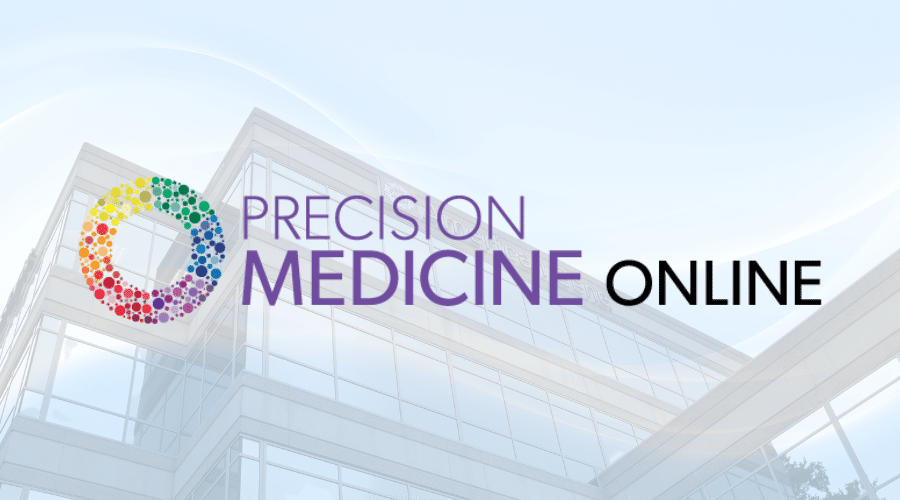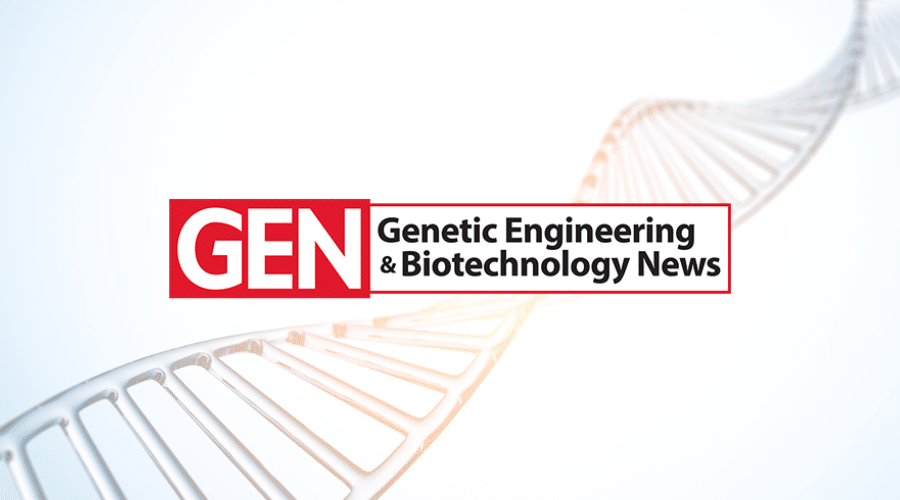American Gene Technologies Spinoff Sets Sights on Advancing Cell Therapy for HIV

Original Post on Precision Medicine Online By: Jessica Kim Cohen
NEW YORK – American Gene Technologies (AGT), a 15-year-old privately held biotech firm, is spinning off its HIV drug development program into a separate company that will exclusively focus on advancing therapeutics against the AIDS-causing virus.
The new company, Addimmune, will separate from AGT within a year and launch with a genetically modified autologous T-cell therapy, AGT103-T, as its lead drug candidate along with much of AGT's C- suite, according to Jeff Galvin, CEO and founder at AGT, and now Addimmune.
In light of promising data readouts from a first-in-human trial of AGT103-T, Galvin said he felt that the program "deserves completely focused attention," instead of being part of a larger company with a product portfolio spanning multiple disease areas. Other products in AGT's pipeline are in an earlier,
preclinical development.
Those leading Addimmune hope to accelerate clinical development of HIV therapeutics by quickly raising funds for the R&D necessary to advance AGT103-T clinically. The fledgling firm, which hasn't yet
fully separated from AGT, has already kicked off a fundraising effort, through which executives hope to raise about $50 million; they're even considering going public in the future, Galvin said.
Addimmune is still several years from having a commercial product, but "if we can make something that is attractive to institutional investors, we can get the kind of money that we need to get it all the way through the clinical trials," Galvin said.
But amid concerns about economic growth and inflation, investors want to see more financial discipline from companies and are being more selective in doling out funds. According to one report, the value of venture financing deals for US-headquartered biotechs decreased by 46 percent in Q1 2022 compared
to Q1 2021.
"A lot of smaller companies have had to make some difficult decisions," said Beth Mosier, a director of the healthcare and life sciences practice at consulting firm West Monroe.
While in the past investors may have encouraged growth at all costs, since 2022, they're more likely to want to see a clear path to profitability, she said. By spinning off the HIV drug development program, which is furthest along in AGT's pipeline, Addimmune is betting it will be able to provide investors that
line of sight to profitability while allowing AGT to simplify its portfolio.
Biopharma companies "face difficult choices about whether to be a company that's framed around a particular disease or particular asset ... or a platform company that takes a broader focus," said Cody Powers, a principal who works with pharmaceutical companies at consulting firm ZS.
With AGT and Addimmune, investors can choose if they're interested in a company with a more focused or diverse pipeline, as well as whether to fund a company with preclinical- or clinical-stage products. Powers believes Addimmune has also set itself apart among cell and gene therapy
developers by focusing on a viral disease like HIV. Most cell therapy makers are focused on cancer indications, while gene therapy firms are tackling rare diseases like Duchenne muscular dystrophy.
AGT103-T, developed by Rockville, Maryland-based AGT over more than a decade, is a single-infusion autologous cell therapy that delivers genetically modified CD4-positive T cells — the cells depleted in HIV exposure — in an effort to replace such T cells and restore the patient's immune control of the
virus.
The genetically modified cell therapy is designed to be a cure, such that patients would no longer be at risk of infecting others or developing AIDS and wouldn't need daily antiretroviral therapy.
The drug has been studied in a first-in-human Phase I trial, results of which were published in Frontiers in Medicine late last year. Investigators detected genetically modified CD4-positive T cells in blood samples from most participants collected six months after treatment and observed no serious adverse events in those who received the drug.
Addimmune is working toward launching a Phase II trial involving between 50 and 100 patients to establish treatment efficacy and identify the optimal regimen to take into a pivotal Phase III study. Galvin said Addimmune plans to reach out to the FDA this summer to discuss Phase II protocols.
Once AGT completes the process of spinning off Addimmune, the companies will be completely separate. About 50 employees from AGT's clinical operations, R&D, marketing, finance, human resources, and other departments will transition to Addimmune. AGT's entire executive team, including Galvin, will make that transition to Addimmune, too. While he currently maintains the CEO role at AGT, Galvin plans to step down in the spin off and said AGT will "rebuild" its leadership team over the next year.
"The continuity is very important when we have such a valuable asset," Galvin said, referring to Addimmune and AGT103-T. "It will be a skeleton crew that stays behind at AGT in the near-term."
AGT's drug candidates in other specialties, like monogenic disorders and cancer, will remain with the firm, and it will continue to develop other drugs with its gene delivery platform.
Meanwhile, should clinical trials yield promising results for AGT103-T, Galvin hasn't decided whether Addimmune will commercialize the drug itself or partner with another drugmaker. The company's focus, for now, will be getting the therapy poised to enter the market.
"Everything's on the table right now," Galvin said.





